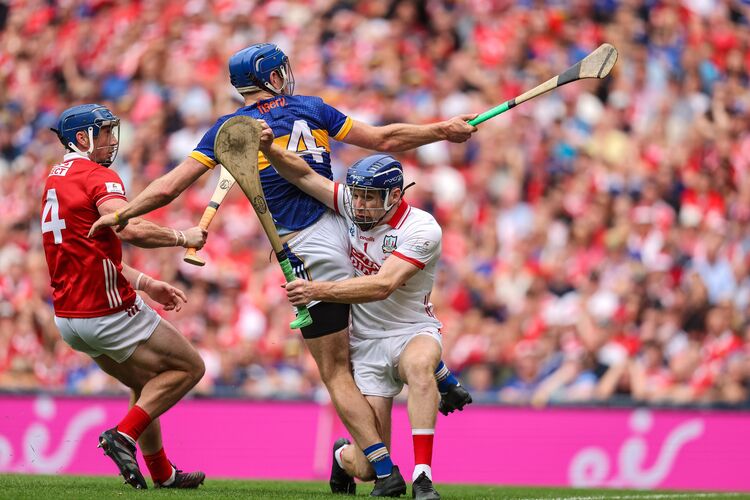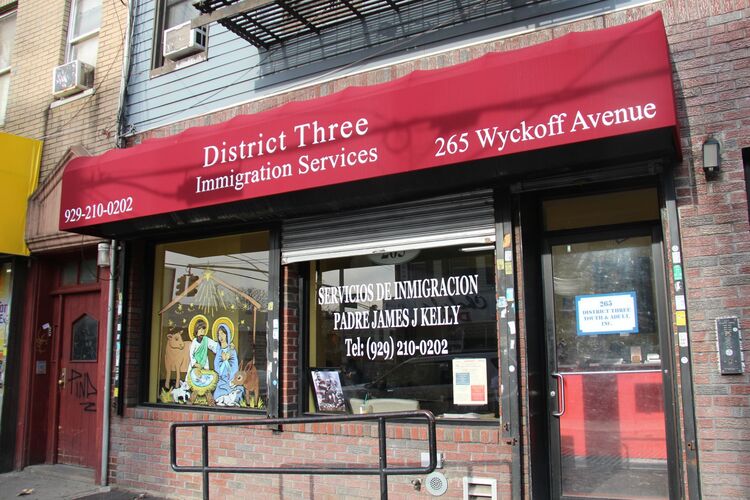Michelle O’Neill (left) with Gerry Adams and Mary Lou McDonald at the Martin McGuinness funeral as Christy Moore delivers a musical tribute.
By Anthony Neeson
As Sinn Féin pulled out of the Stormont talks, claiming that they had run their course, the party’s northern leader said the implementation of previous agreements remains the key to progress.
With the British government appointed Secretary of State for Northern Ireland due to address the House of Commons on the collapse of the talks on Sunday last, James Brokenshire has already ruled out another snap election – which would have been the third in less than a year.
He also intimated that there was no appetite for direct rule from London at this point.
An Irish Language Act and the legacy of the conflict remain sticking points between the DUP and Sinn Féin, however, the republican party also cite the British government as being “part of the problem.”
“This British government is not some sort of independent broker in this process,” said Michelle O’Neill.
“The British government is a player and part of the problem. Their approach in the talks meant that no agreement was possible
“James Brokenshire cannot wash his hands of his responsibilities and obligations to implementation of the commitments made in previous agreements.
“The key to making progress is for the British government to take some responsibility and honour its commitments.”
DUP leader Arlene Foster said there “was little to suggest that Sinn Féin want to secure agreement”.
“The DUP stands ready to continue to discuss how we can secure new arrangements for Northern Ireland.”
SDLP leader Colum Eastwood has called for refreshed all-party talks to ensure a return to power-sharing, this time to be chaired by an independent chair.
“Over the course of the last few weeks we reached common ground on a number of key issues and closed gaps on others,” he said.
“Even on issues which seemed intractable, like Brexit, significant progress was possible. We must all seek to occupy and expand that common ground, not see it scorched.
“What’s needed now is a new structured dialogue to take place of the shapeless process that has concluded. A new process should take place with an independent chair not only facilitating proceedings but driving the dialogue forward.”







